This was shared by Mr. Nguyen Tuan Quang, Deputy Director of the Department of Climate Change at the Workshop on International Experience in Carbon Market Development and Policy Implications for Vietnam, co-organized by the Ministry of Foreign Affairs, the Ministry of Natural Resources and Environment , and the Organization for Economic Cooperation and Development (OECD) on November 23 in Hanoi.
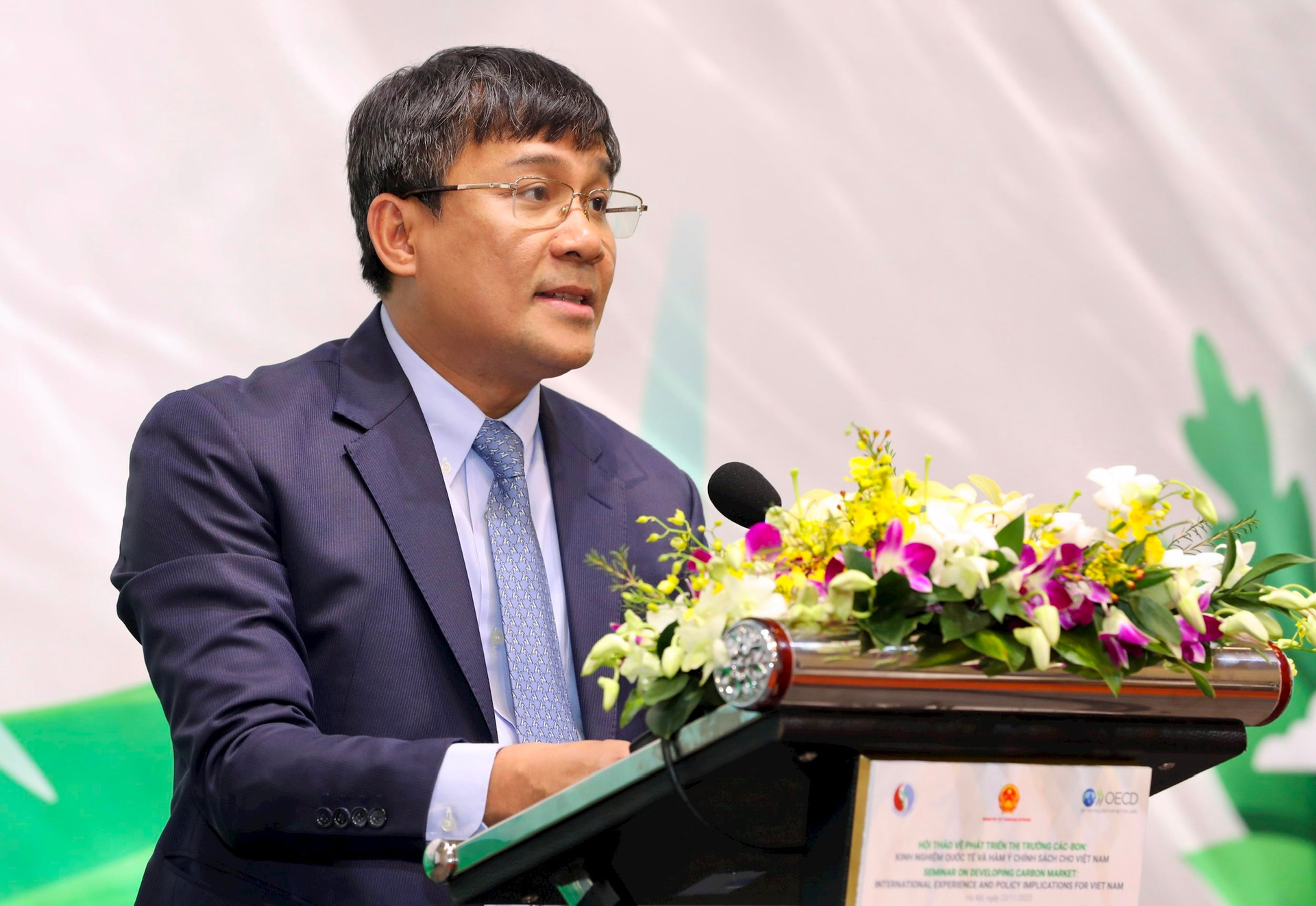
Speaking at the workshop, Mr. Nguyen Minh Vu, Permanent Deputy Minister of Foreign Affairs, said: Among the tools aimed at green transformation, developing a carbon market is one of the important tools. Vietnam has committed to achieving net zero emissions by 2050 at COP26 and right next week at COP28 in the UAE, Vietnam will continue to actively participate and promote cooperation to implement this commitment.
The world is moving very quickly in the green development process, promoting green transformation to become a new driving force for rapid and sustainable growth. "Green" standards are being shaped and accelerated into implementation in the direction of linking international trade and investment with criteria on carbon emission reduction, sustainable development, labor, and environment. In addition, new links and initiatives related to green fields are also being strongly promoted. "This is a key time for Vietnam to establish and continuously increase its position in global green value chains" - the Deputy Minister of Foreign Affairs emphasized.
The World Bank estimates that from now until 2040, Vietnam needs to invest an additional 368 billion USD, equivalent to 6.8% of GDP/year to adapt to climate change and reduce carbon emissions. Developing a green financial market, of which the carbon market is the key, will be the key to a successful green transition.
Permanent Deputy Minister of Foreign Affairs Nguyen Minh Vu
Sharing about Vietnam's preparation in building a carbon market, Mr. Nguyen Tuan Quang, Deputy Director of the Department of Climate Change (Ministry of Natural Resources and Environment) said: In fact, Vietnamese enterprises have exchanged carbon credits from Vietnam in the world voluntary carbon market since the mid-2000s, through the Clean Development Mechanism (CDM) since 2006; the Gold Standard Mechanism (GS), the Verified Carbon Standards Mechanism (VCS) since 2008; the Joint Credit Mechanism with Japan (JCM) since 2013...
Vietnam has had 150 projects granted 40.2 million carbon credits and has been traded on the world market; it is one of the four countries with the most registered CDM projects (after China, Brazil, India). In terms of credits obtained from CDM projects, Vietnam ranks 9th out of 80 countries with CDM projects granted credits.
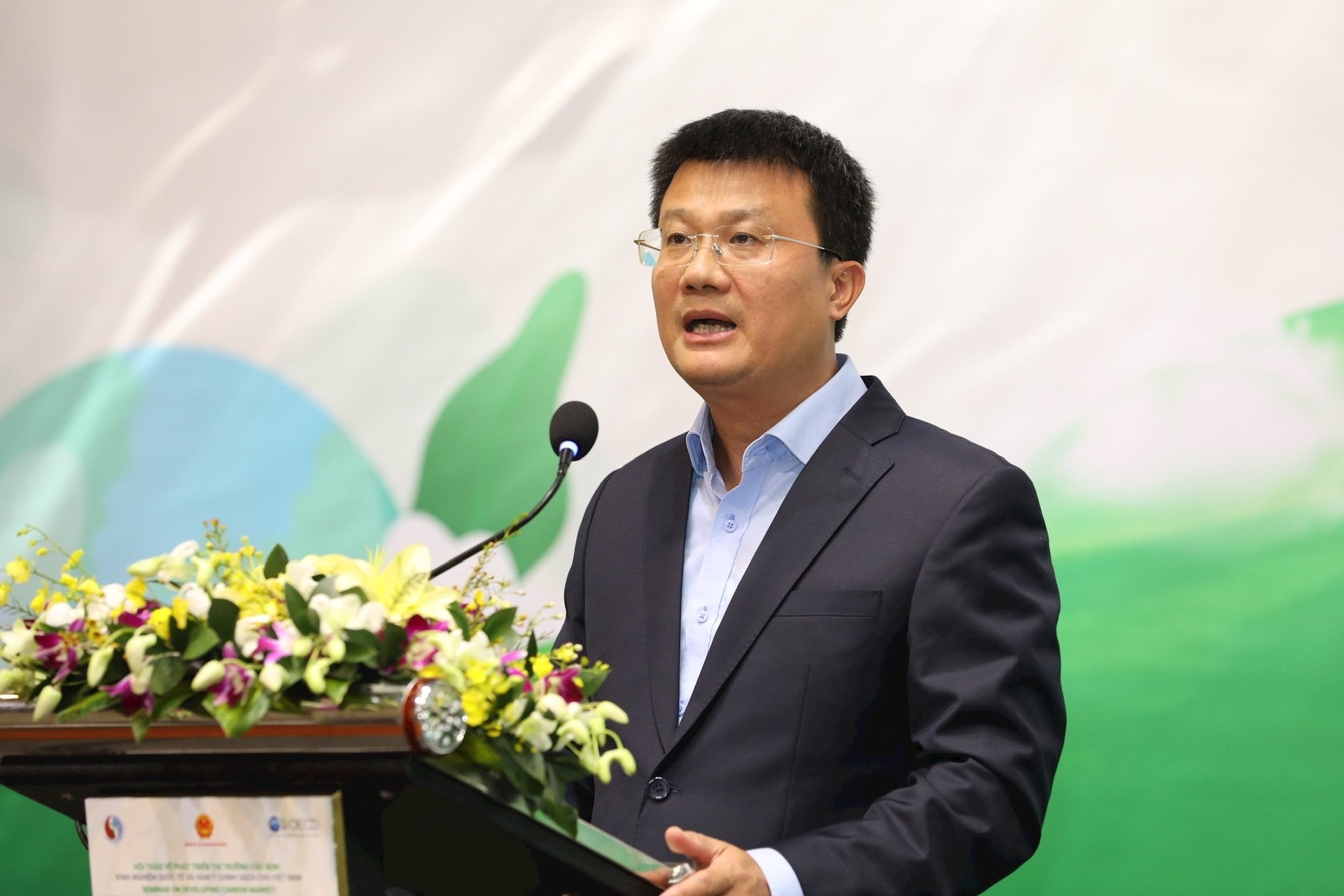
From 2015 to 2020, the Ministry of Natural Resources and Environment together with the Ministries of Finance, Planning and Investment, Industry and Trade, and Construction, with the support of the World Bank, implemented the project "Ready to participate in the carbon market in Vietnam" (VN-PMR) with the goal of enhancing capacity to build, form market tools and build a roadmap to participate in the domestic and international carbon market. Following the results of the VN-PMR project, in the coming time, the Ministry of Natural Resources and Environment will implement the project "Implementing the carbon market in Vietnam" to be able to design and implement carbon credit exchange, offset and greenhouse gas emission quota exchange system according to the prescribed roadmap.
According to Deputy Director Nguyen Tuan Quang, to promote the development of the carbon market in Vietnam, it is necessary to research and develop both the voluntary carbon market and the compliant carbon market. The voluntary market can be implemented soon. Currently, countries such as Singapore, South Korea, and a number of international organizations are cooperating and implementing credit creation projects for international exchange in this form.
However, Mr. Quang noted that activities need to ensure the harmony of interests of the nation, locality, enterprises, and investors in implementing activities to reduce greenhouse gas emissions and create carbon credits. Enterprises with carbon credits can participate in this market and exchange internationally.
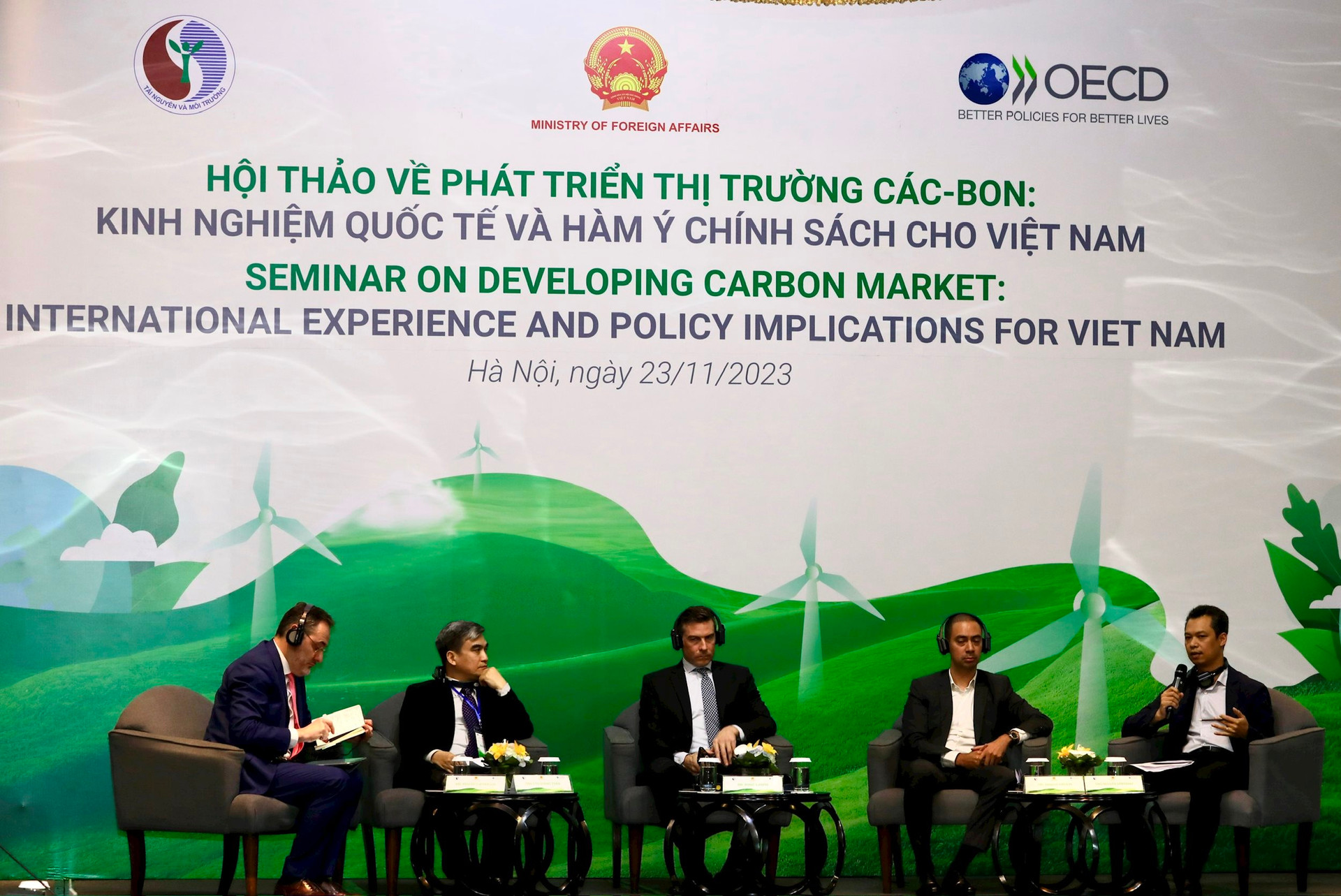
To promote the development of the carbon market, the task is for Vietnam to develop regulations on the management and trading of carbon credits; establish a national registration system for carbon credits. At the same time, develop a list of activities and measures to reduce greenhouse gas emissions, encourage the exchange of carbon credits with international partners; negotiate and implement agreements or contracts with international partners to exchange carbon credits, and reduce greenhouse gas emissions.
The issuance of a sector-level greenhouse gas emission reduction plan and its implementation will help Vietnam ensure that it meets its commitment targets under the updated 2022 Nationally Determined Contribution (NDC). In particular, it is necessary to determine the amount of carbon emissions reduction from forests in each locality that contributes to the implementation of the NDC target.
Mr. Quang also emphasized the need to prepare specialized human resources, infrastructure and necessary conditions to operate the greenhouse gas emission quota and carbon credit trading floor. In addition, it is necessary to properly and adequately propagate the development of voluntary carbon markets and compliant carbon markets.
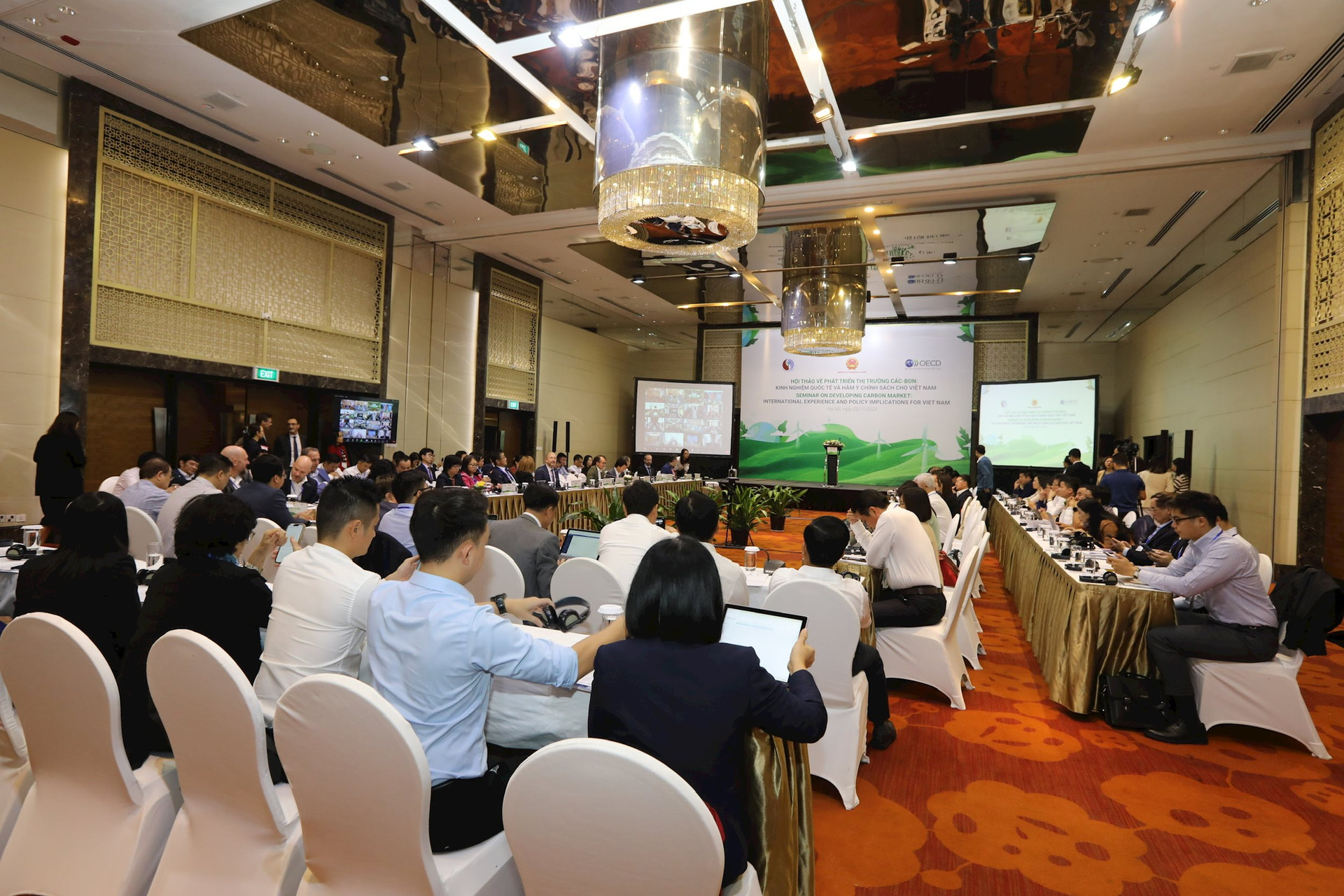
At the workshop, senior OECD and international experts shared international experience in building and operating carbon markets; assessed the impact of the current trend of accelerating carbon pricing on the Government's state management methods, business models, operations, and corporate governance.
Experts also made recommendations to Vietnam on building a legal framework, operating a carbon trading floor, ensuring inclusiveness and fairness in the process of developing the carbon market. At the same time, they proposed cooperation mechanisms on carbon credits, promoting the development of pilot projects on carbon trading.
Based on the proposals, Deputy Minister Nguyen Minh Vu affirmed that the Ministry of Foreign Affairs will continue to promote its coordinating and pioneering role in promoting the development of green cooperation frameworks with important and potential partners, including cooperation on carbon markets.
Source



![[Photo] Hanoi morning of October 1: Prolonged flooding, people wade to work](https://vphoto.vietnam.vn/thumb/1200x675/vietnam/resource/IMAGE/2025/10/1/189be28938e3493fa26b2938efa2059e)



![[Photo] President of the Cuban National Assembly visits President Ho Chi Minh's Mausoleum](https://vphoto.vietnam.vn/thumb/1200x675/vietnam/resource/IMAGE/2025/10/1/39f1142310fc4dae9e3de4fcc9ac2ed0)
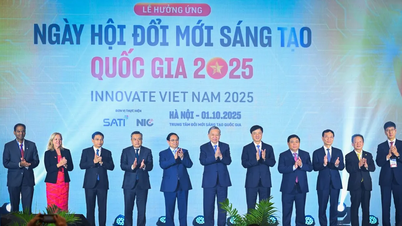

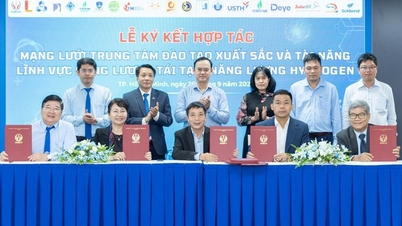





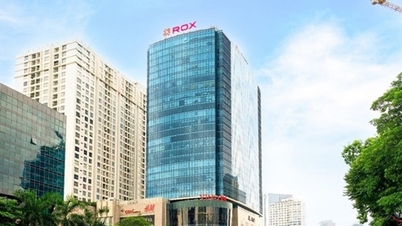

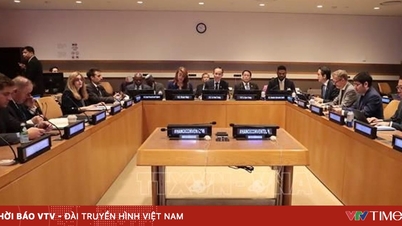




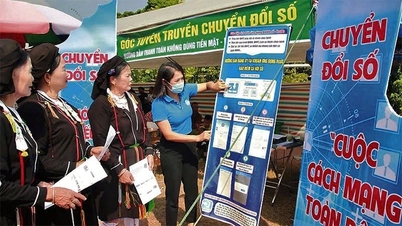

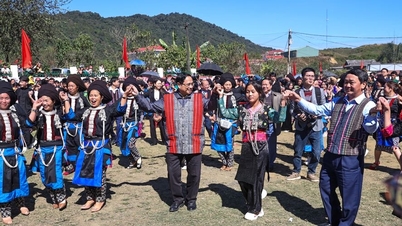



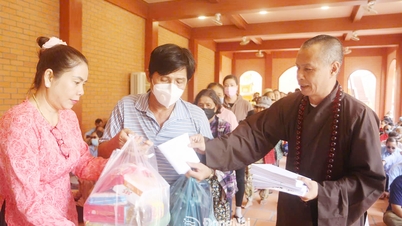


















































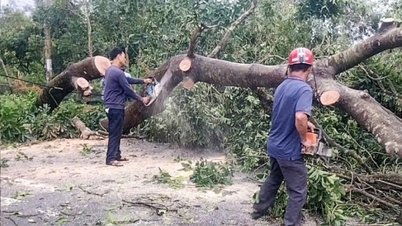

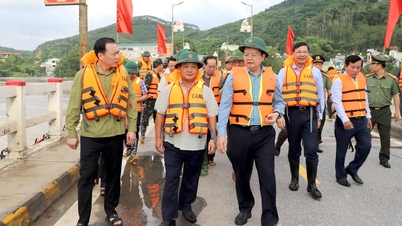



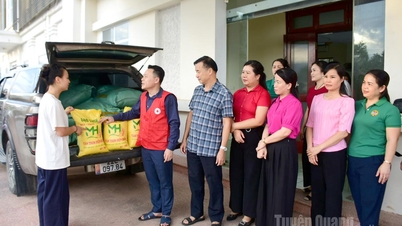
















Comment (0)